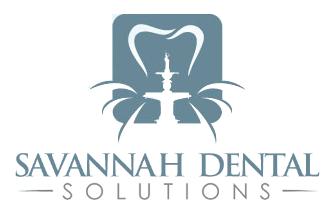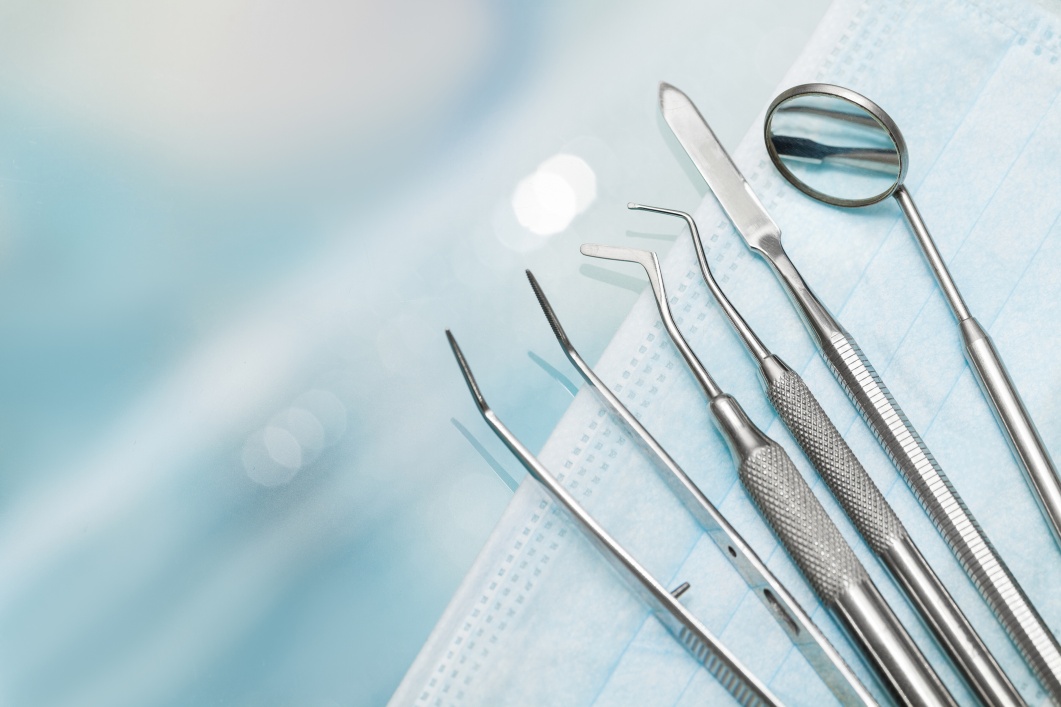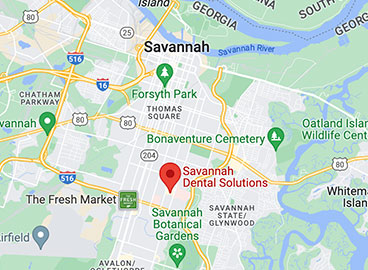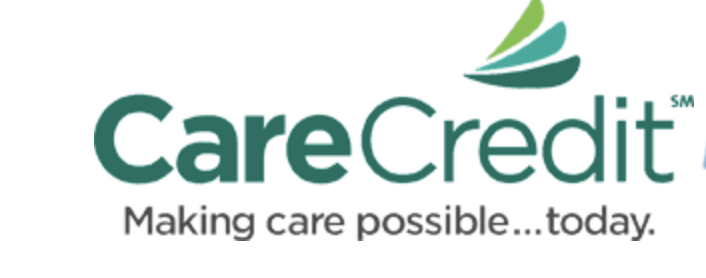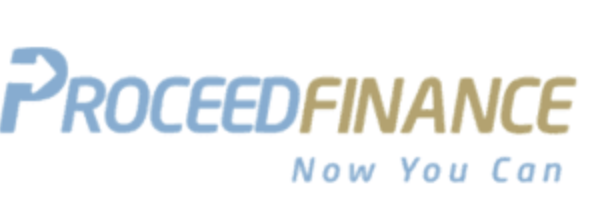The dentist’s office is not most people’s favorite place. Unfamiliar sights and sounds, and the prospect of mysterious tools entering your mouth, can be downright unnerving. Fear of the dentist is extremely common, and some people are so afraid that they actually postpone even routine dental visits. Fortunately, knowledge is power. In many cases, simply understanding what to expect can help ease dental anxiety. Here is what you should know about the basic dental tools.
Mouth Mirror
Let’s start with the most basic and least intimidating tool of all, the mouth mirror. A small mirror attached to a metal stick, the mouth mirror has two basic purposes. First, it lets your dentist see clearly into the difficult to access parts of your mouth. Second, it lets your dentist easily move your tongue and the insides of your cheeks out of the way.
Sickle Probe
A sharp-looking hook attached to a long handle, the sickle probe can look terrifying. In reality, though, it causes minimal, if any discomfort. The sickle probe is used to examine the pockets between the teeth, to investigate visible cavities, and to remove plaque and tartar. It won’t necessarily feel pleasant, but use of the sickle probe doesn’t really hurt.
Scaler
Though brushing and flossing are vital for oral health, they are not enough on their own. A scaler is used to remove the plaque and tartar that are left behind. It looks sort of like a long metal stick that is bent at one end. Like the sickle probe, a scaler doesn’t feel entirely comfortable, but it should not cause much actual pain. It plays a vital role in preventing or reversing gum disease, and minimizes the risk of tooth decay.
Suction Device
A suction device is a vital but somewhat amusing dental tool. When your dentist is working on your mouth, it is often important to keep the surfaces dry. Yet you don’t necessarily want to swallow with a mouthful of dental tools. The suction device removes saliva, along with the added water used for some treatments, from your mouth. It’s sort of like a tiny wet vac, suctioning moisture away. It tends to stick to the cheek or tongue, and it makes some odd noises, but it is not in any way painful.
Dental Syringe
Dental syringes are feared by many people. They are fairly large, with hollow needles that deliver injections of local anesthesia. These shots are known to sting for a moment until the numbness takes over. This happens fast, but many dentists administer a topical numbing gel first to remove the pain of the shot. If you are afraid of needles, close your eyes or look away, and the shot will be over before you know it.
Dental Drill
The dental drill is arguably the scariest dental tool of all. It spins at more than 250,000 rpm while simultaneously spraying cooling water into your mouth. The result is loud sounds and strong vibrations that can drive patients nuts. Dental drills are absolutely essential in many procedures, though, from removing decay from a cavity to opening a hole in the jawbone for a dental implant. Fortunately, your mouth will be numb from local anesthesia, so while you will hear the noise and feel the vibrations, the drill will not cause pain.
Impression Materials
If you need a dental crown, bridge, custom mouthguard, or other prosthetic device, your dentist will need to take impressions of your teeth and oral anatomy. Although digital impressions are becoming more and more common, traditional impression materials are still frequently used.
Your dentist or tech will fill a small tray with a soft substance and ask you to bite down into it. Over the next minute or so, the impression material will harden in your mouth, and your dentist or tech will gently rock the tray to release it. The material doesn’t take the best, and some people feel like they’re gagging, but the entire process is generally over in less than two minutes and is not painful.
Other Tools
Dentistry is in a state of flux, with new technology constantly coming online alongside the tried and true. Dental lasers, 3-D cone beam scanners, digital panoramic x-rays, and more are important parts of many dental practices. Like the tools that came before them, these items can be intimidating but are ultimately harmless.
Dentists, hygienists, and techs are generally good about explaining what will happen before they begin, and if you have any questions, you are always welcome to ask. The biggest thing to keep in mind is that each tool plays a vital role in maintaining your oral health, and modern anesthetics keep even the most intimidating tools from causing pain.
Want to Learn More?
If you want to learn more about how we can keep your entire family’s smiles in tip top shape, contact Savannah Dental Solutions today at (912) 354-1366 for more information or to schedule an appointment.

